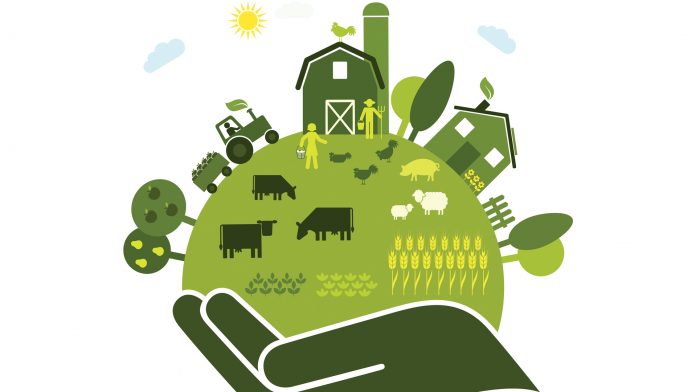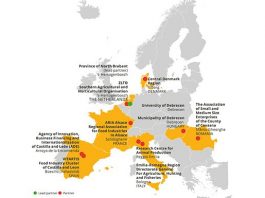The Council of the European Union has announced a set of conclusions for its farm to fork strategy, stressing the importance of a European sustainable food system.
Under this strategy, the Council has declared three main goals for Member States: to ensure sufficient and affordable food, to contribute to EU climate neutrality by 2050, and to guarantee a fair income and strong support for food producers. By investing in a European sustainable food system, Member States can secure the supply, quality, and safety of nutritious food.
The Council calls for scientifically-sound impact assessments to be the basis of EU legislative proposals under the farm to fork strategy. It also calls to continue promoting the prudent and responsible use of pesticides, antimicrobials, and fertilisers in order to produce food sustainably and support the environment at the same time.
Julia Klöckner, Federal Minister for Food and Agriculture of Germany, said: “The unanimous decision reached is a crucial signal and a clear commitment to a sustainable and economically viable agri-food sector. For the first time, the entire food system is taken into account as a whole – from producers to consumers. It is a solid starting point, and we are looking forward to working altogether the coming years towards a truly sustainable and fair food system in Europe and beyond.”
About the EU farm to fork strategy
The Commission presented the farm to fork strategy in May 2020, highlighting that it is an integral part of the European Green Deal setting the goal of a ‘fair, healthy, and environmentally friendly food system’.
EU Ministers have previously reiterated the importance of including a European sustainable food system, incorporating farm to fork practices into the future Common Agricultural Policy strategic plans through country-specific recommendations. The Commission has confirmed that the recommendations are not legally binding and that it would take their implementation into account when approving each national strategic plan.





